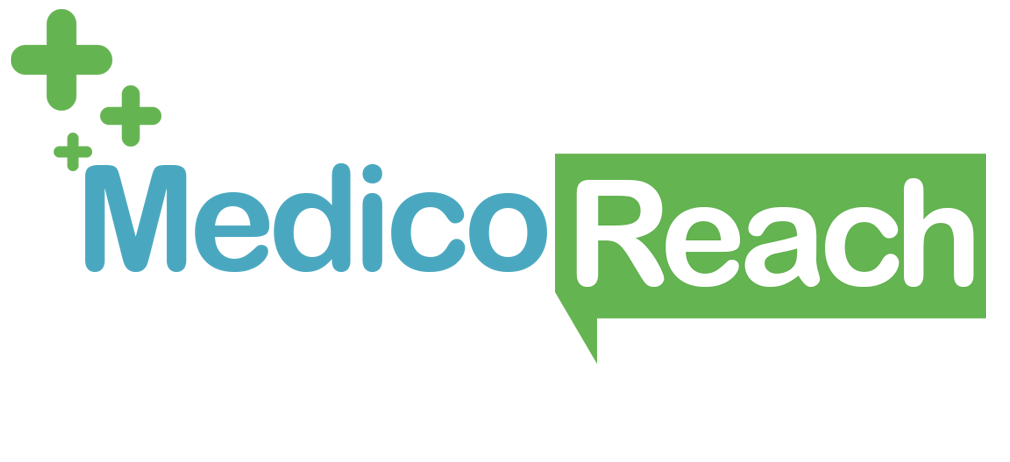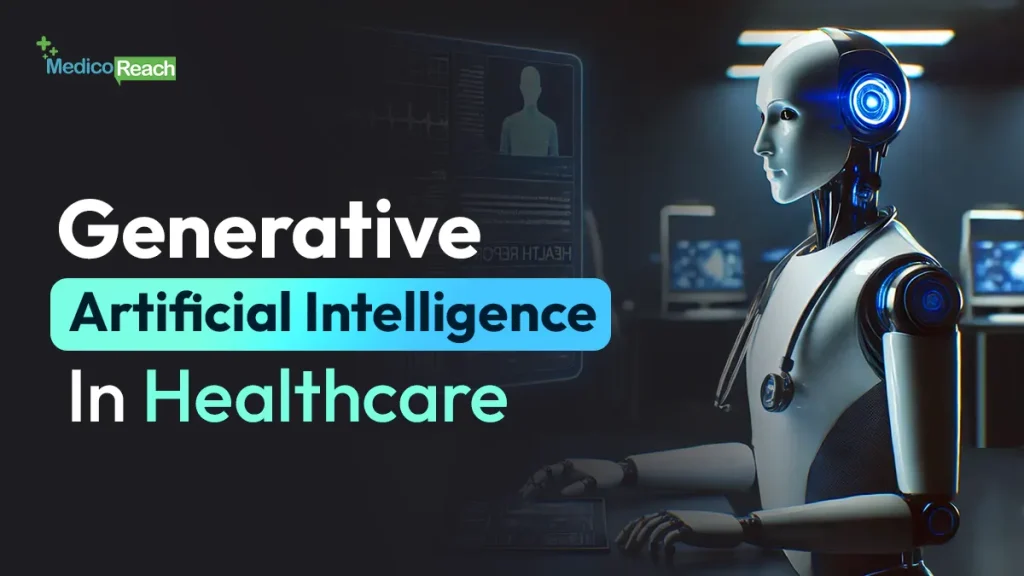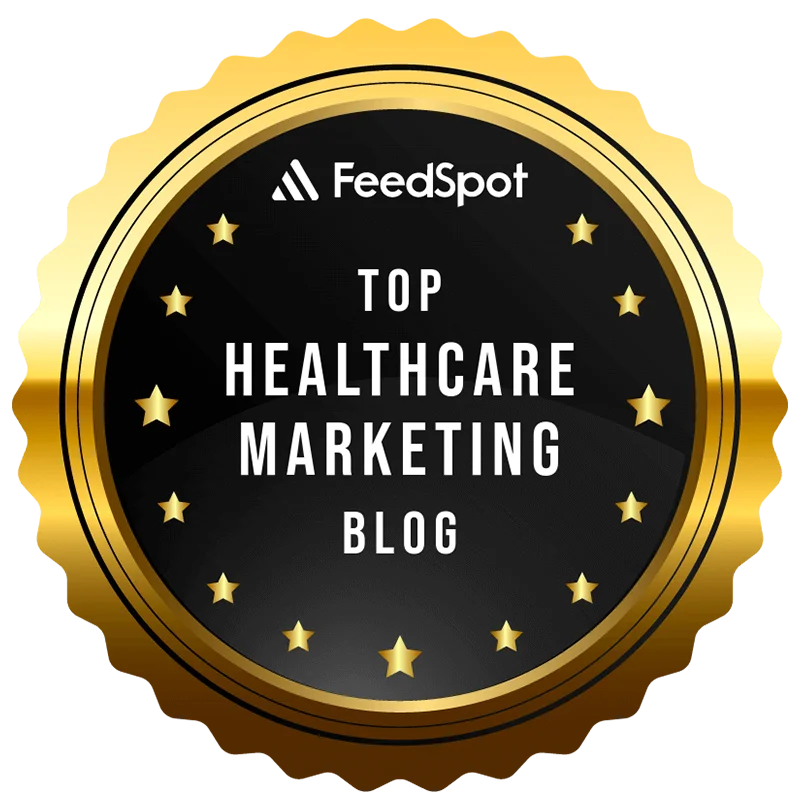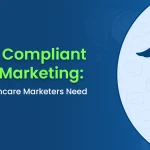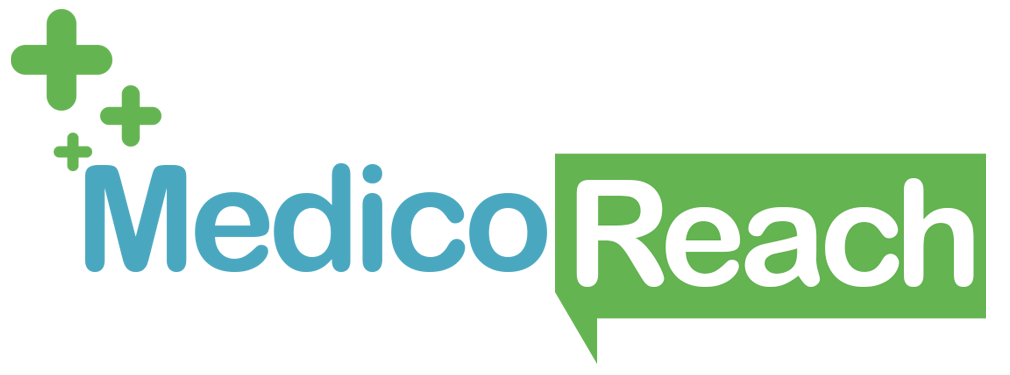Generative AI (Gen AI) is a technological advancement in artificial intelligence (AI) that uses deep-learning algorithms and large language models (LLMs) to create novel content from the raw data it receives. This tech is trained to find patterns and generates new content in the form of text, audio or code. When it comes to generative AI for healthcare, it analyzes large sets of unstructured data such as clinical notes, diagnostic images, medical charts and recordings. It is found to reduce administrative work, help in diagnosis, aid in insurance claims and more.
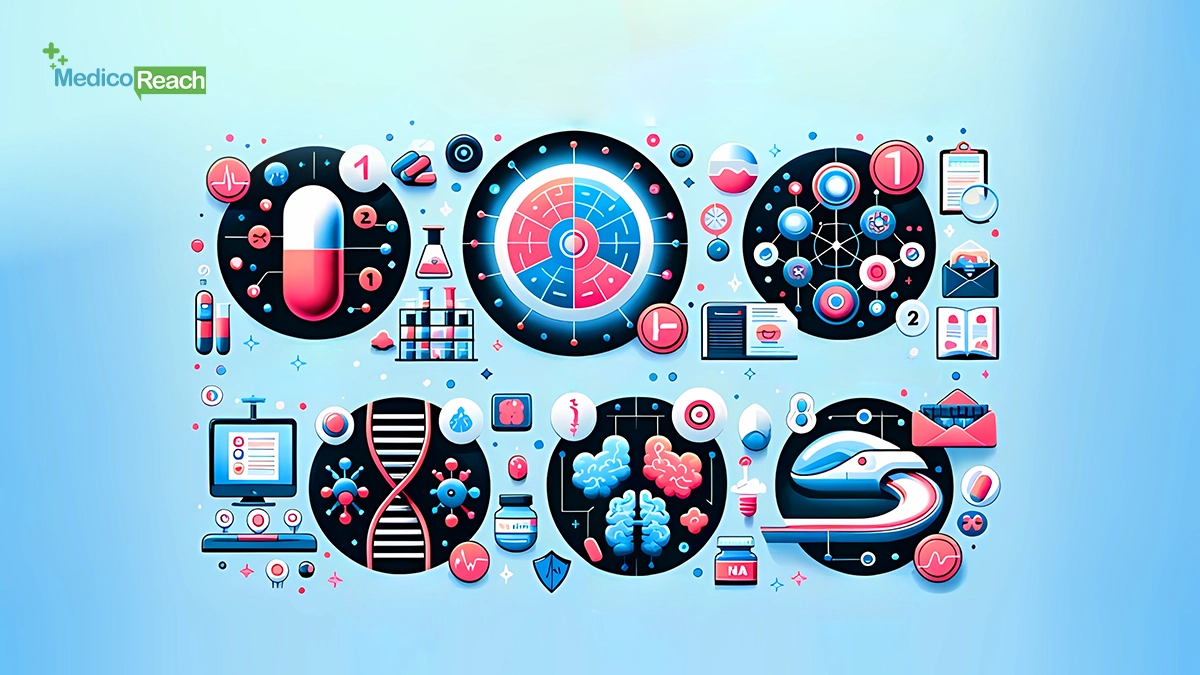
Use of Gen AI in Different Healthcare Organizations
Gen AI is used according to the size and structure of the healthcare establishment it is present in. Let’s look at the different ways it is used by private payers, hospitals and physician groups.
1. Gen AI Used by Private Payers
- Private payers often encounter analyzing excessive data logs, which can be time-consuming if done manually. Gen AI can, instead, instantly summarize these data hoards regardless of the volume.
- Claims denial management can be carried out by Gen AI models under human supervision. These models can resolve claims denials by summarizing denial letters, condensing denial codes, highlighting relevant denial reasons, understanding the root context and suggesting the next step.
- Gen AI tools can accurately calculate the additional costs that the private payer may incur by analyzing the healthcare costs the provider bears and the benefits their clients gain.
2. Gen AI Used by Hospitals and Physician Groups
- Gen AI immensely reduces administrative burdens of corporate functions in hospitals and physician groups. Analyzing unstructured purchasing and accounts payable data improves the employee experience.
- With clinician surveillance, Gen AI can provide discharge summaries and instructions for clients in their native language, coordinate care during transfers with proper physician note analysis, produce checklists and lab summaries from physician rounds and suggest clinical orders all in real-time.
- Electronic health records (EHRs) can be enhanced with the analyses given by the Gen AI tools, such as pre-population of visit summaries & documentation suggestions, and by providing sufficient and suitable research that helps decision-making.
Current Generative AI Healthcare Usages
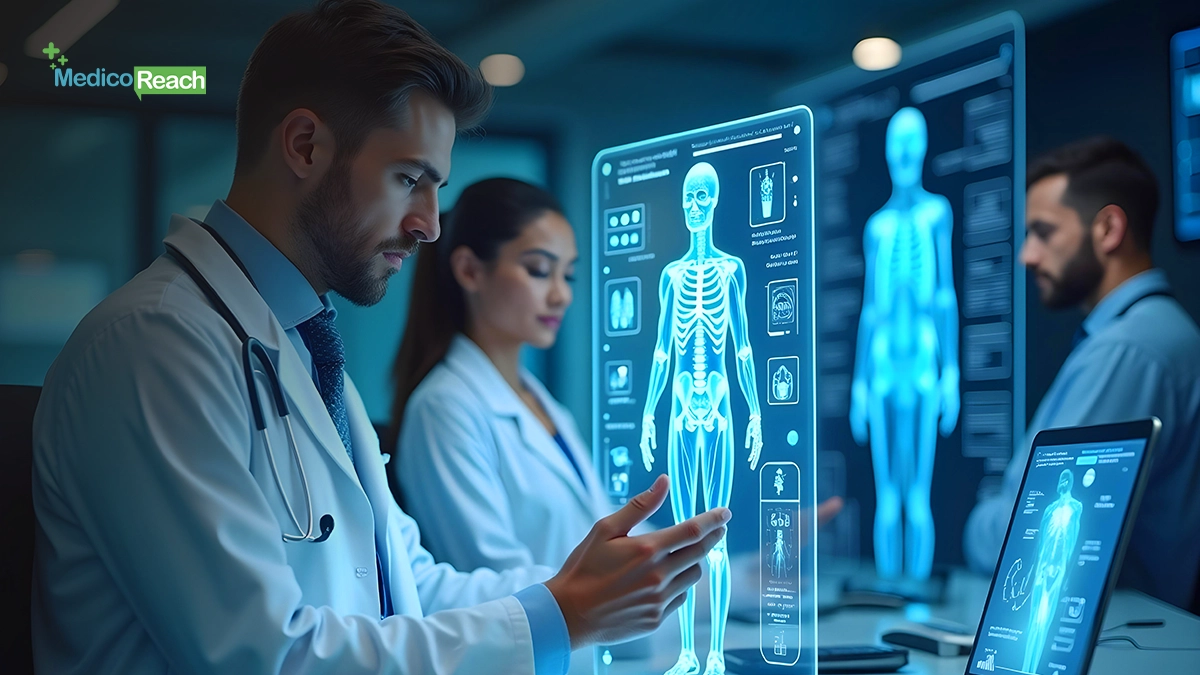
At present, the usage of generative AI in healthcare is practiced in several ways:
1. Assistants for Medical Guidance
With LLM backing, physicians are using Gen AI as healthcare assistants. Furthermore, it is melded with Generative Pre-trained Transformer 4 (GPT-4) for data reference. The referred data is analyzed, which aids in guiding physicians through the care procedure.
2. Chatbots for Reducing Administrative Workload
Chatbots have become highly popular in all fields, including healthcare. As chatbots are already powered by AI, incorporating Gen AI will only make them better. Gen AI-powered chatbots help in speeding up the processes of client registration, routing and scheduling, dealing with frequently asked questions (FAQs) and information technology (IT) helpdesk ticketing, and giving out information on prescriptions and refills.
3. Copilots for Maintaining the Client-Provider Relationship
Gen AI copilots are introduced during the conversation between the patient and the physician. Their role is to record and thus generate summarized clinical notes. Furthermore, they ‘collaborate’ with the assigned physician to formulate personalized treatment and therapy plans by analyzing the data given: current condition, pre-recorded parameters, genetic makeup, health history and lifestyle.
4. Data Retrieval during the Workflow
By using LLMs integrated with retrieval augment generation (RAG), Gen AI can collect additional data resources without requiring any retraining. This helps healthcare organizations build their own smart assistants or search systems that answer any query in the most relevant and contextual manner.
5. Pharmaceutical Product Development
Gen AI is a special tool for manufacture of new pharmaceutical products. This is because it is not only able to analyze the molecular structural patterns in elements but also has the capability to identify unique markers of particular diseases. This way, pharmaceutical companies can merge both research pathways to develop a product that helps more clients.
Future Uses of Generative AI Healthcare in Organizations
The budding uses of generative AI for healthcare are predicted to be many and more precise. A few of the possible ways that Gen AI can progress are:
1. For Private Payers
Using Gen AI, private payers will be able to handle healthcare, provider-relationship and claims management as well as client services, corporate functions, marketing and sales.
2. For Hospitals and Physician Groups
Hospitals and physician groups will be able to bring continuity, quality and safety to value-based care, handle reimbursements, corporate functions, clinical operations & analytics, and gain customer feedback and network & market insights using Gen AI.
Expert Interpretation of the Broad Future Spectrum Gen AI Holds in Healthcare
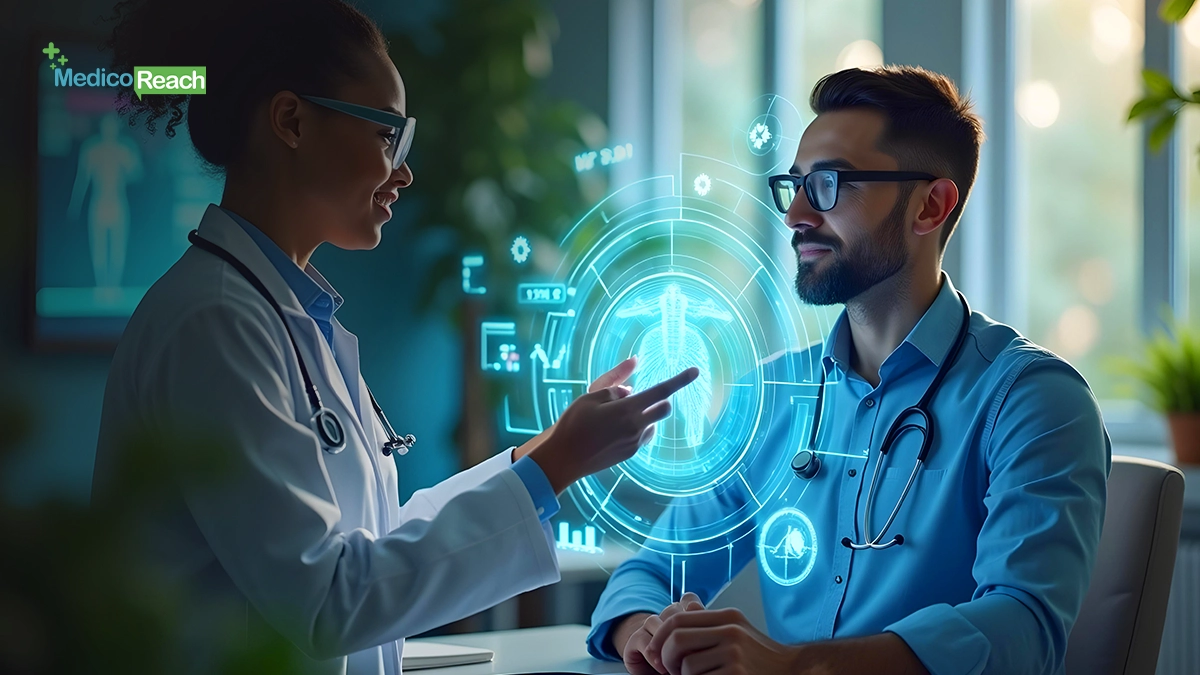
The track record of using generative AI in healthcare has shown significant positive results in terms of companies gaining a competitive edge, improving innovations, achieving speed and making more informed decisions across the value chain. A Deloitte survey found that 92% of leaders in healthcare organizations have a firm belief that generative AI will improve efficiency and 65% believe that it will help in agile decision-making.
The specific use of Gen AI has the potential to help health functions of organizations in terms of regular data gathering, analysis for diagnosis, creating treatment plans, following up post-treatment, and all leading towards population health management, which will show overall community health improvement.
Gen AI has shown that a health continuum can be a possibility by being the best performant in:
- Accelerating pharmaceutical product research and discovery
- Extracting insights from content for analysis of health conditions
- Leveraging automatic speech recognition to be an in-sync digital scribe for health records
- Deducing medical images
- Automating medical coding
Improving Trust for Propelling Towards a Gen AI World
Client trust is the major aspect slightly holding generative AI back from expanding all across healthcare. Providers can improve on building trust for their clients to use AI. Some ways include understanding & addressing concerns, showcasing transparency, taking advantage of the latest generative AI popularity trends and removing personally identifiable information (PII). With proper healthcare professional supervision, generative AI in healthcare will be a strong helper in delivering the best care.
